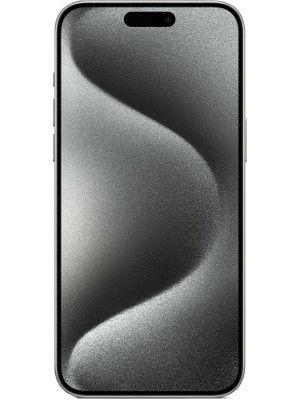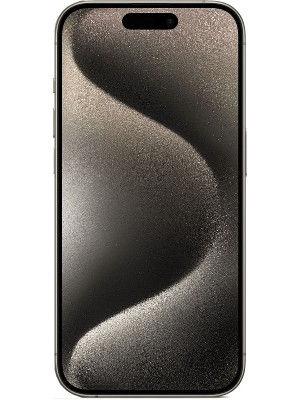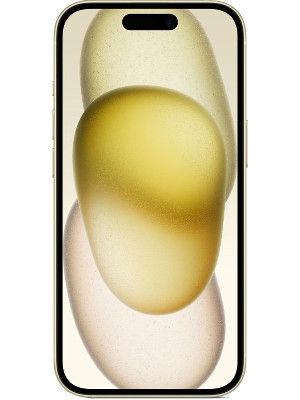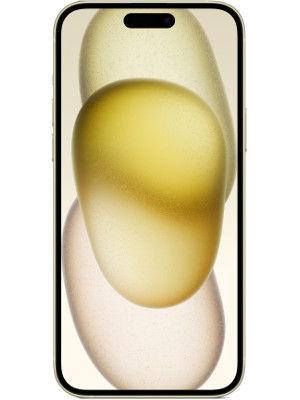US sues Apple over market monopoly: 10 things to know about accusations against iPhone-maker
The U.S. Justice Department sues Apple, alleging the iPhone monopolised the smartphone market, stifling competition and innovation. Apple denies claims and vows to defend itself.
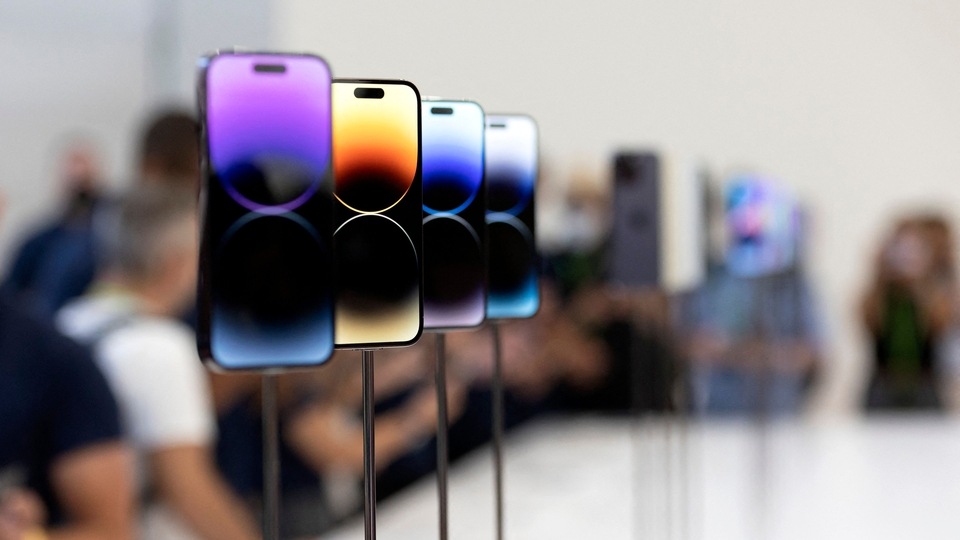
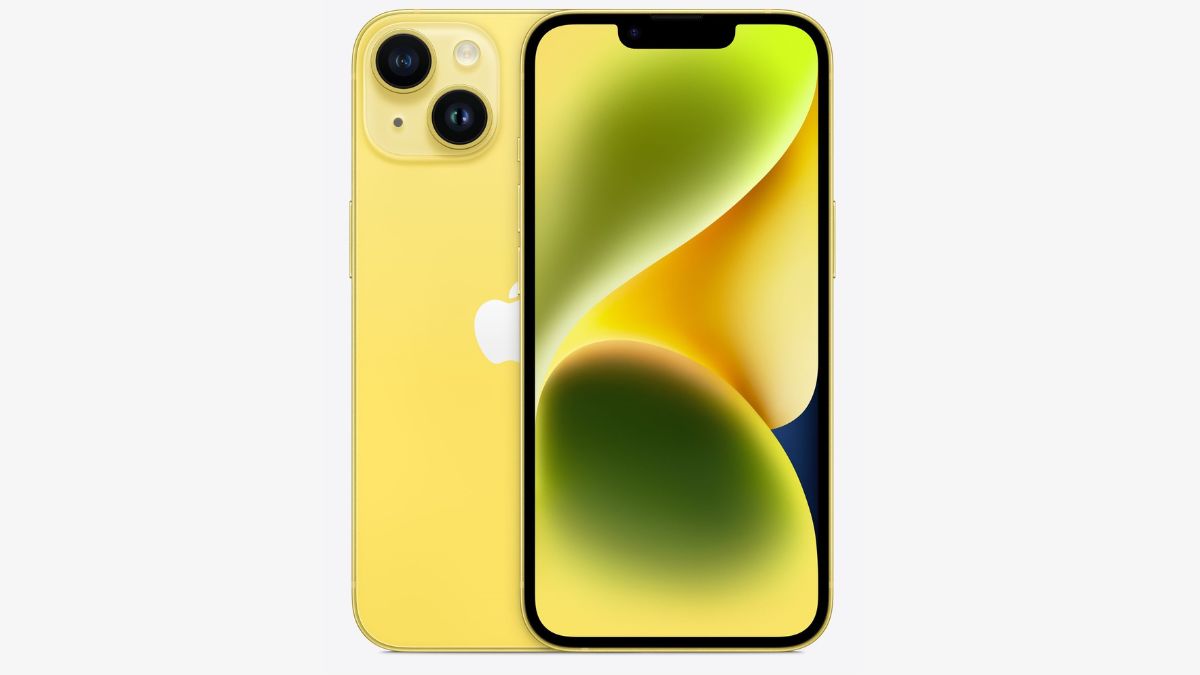

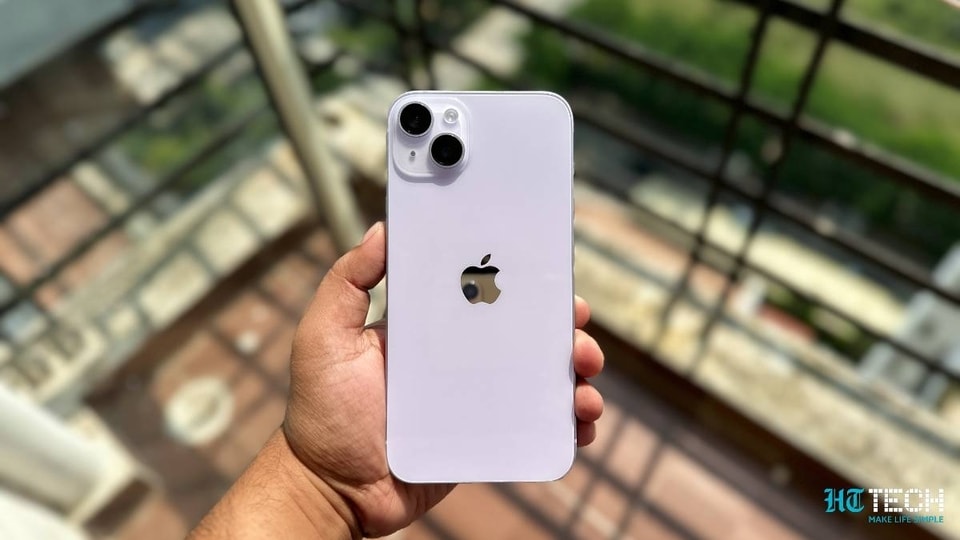
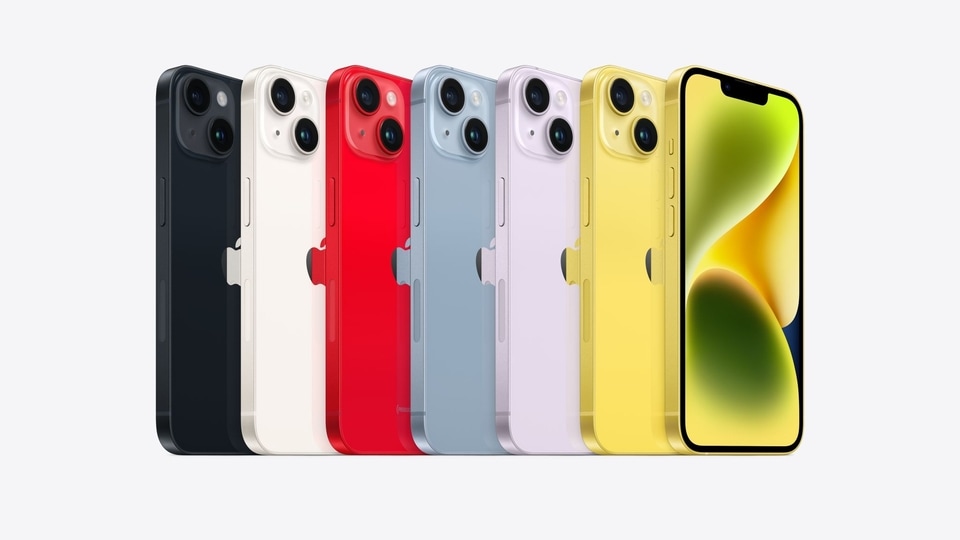
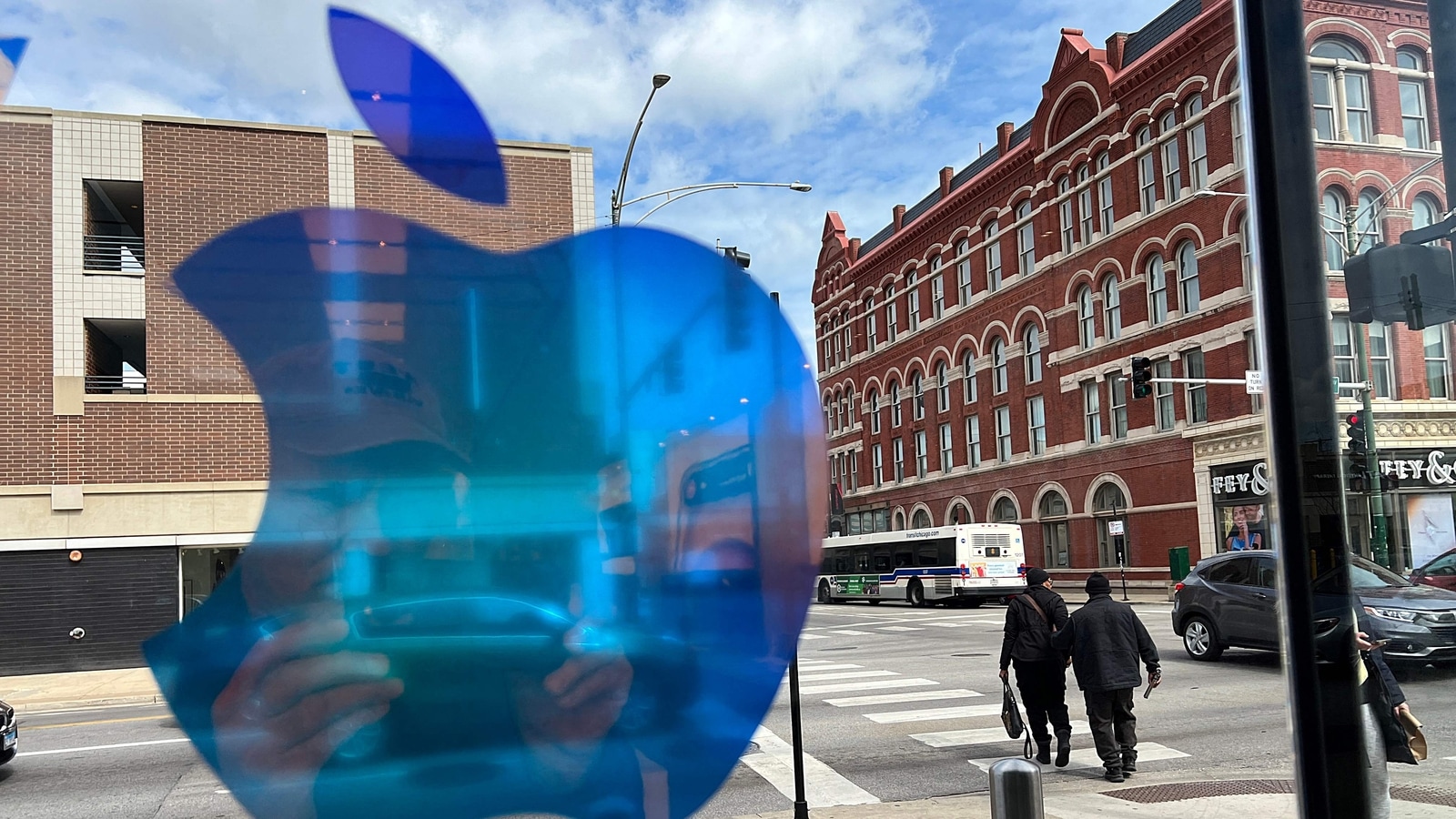
 View all Images
View all ImagesThe US Department of Justice has launched a significant antitrust lawsuit against Apple, claiming the tech giant's iPhone has unlawfully monopolized the smartphone market, hindering competition, and innovation, and maintaining artificially high prices. Here are the 10 key points you need to know.
1. Monopolistic Allegations: The Justice Department has filed a sweeping antitrust lawsuit against Apple, accusing the tech giant of illegally monopolising the smartphone market.
2. Market Monopoly: The lawsuit contends that Apple holds monopoly power in the smartphone industry, using its control over the iPhone to engage in unlawful conduct that restricts competitors' entry and growth.


mobile to buy?
3. Lawsuit Details: Filed in New Jersey federal court, the suit accuses Apple of monopolistic practices that limit functionality for non-Apple devices, restrict third-party digital wallet access, and impede encrypted messaging with competing platforms like iMessage.
4. Response from Apple: Apple refutes the allegations, stating the lawsuit is erroneous and vows to vigorously defend its position against the claims made by the Justice Department.
5. Impact on Consumers: The lawsuit targets Apple's strategies to extract more money from various stakeholders, including consumers, developers, content creators, and small businesses, affecting pricing, functionality, and access to services.
6. Government Initiative: This lawsuit aligns with the government's broader efforts to enforce antitrust laws, following actions against tech giants like Amazon and Google, aiming to foster fair competition and innovation in the digital landscape.
7. Historical Significance: Experts compare the lawsuit's significance to past actions against monopolies, likening it to the government's case against Microsoft decades ago, signifying a significant regulatory challenge to Apple's dominance.
Also read: Sam Altman's OpenAI may bring big upgrades with GPT-5; Know how it will improve ChatGPT
8. Biden Administration's Stance: President Biden's administration emphasizes the importance of antitrust enforcement, aiming to address concerns over corporate monopolies and unfair business practices.
9. Apple's Defense: Apple defends its business model, asserting that its integrated ecosystem benefits consumers by ensuring seamless functionality, privacy protection, and superior user experience, while critics argue it limits choice and stifles competition.
10. Future Implications: The outcome of the lawsuit could reshape the tech industry's landscape, potentially impacting Apple's market dominance, business practices, and the broader regulatory environment for digital platforms.
In short, the U.S. Justice Department's lawsuit against Apple highlights allegations of monopolistic behaviour with the potential to reshape the smartphone market and redefine competition in the tech industry.
One more thing! We are now on WhatsApp Channels! Follow us there so you never miss any update from the world of technology. To follow the HT Tech channel on WhatsApp, click here to join now!
Catch all the Latest Tech News, Mobile News, Laptop News, Gaming news, Wearables News , How To News, also keep up with us on Whatsapp channel,Twitter, Facebook, Google News, and Instagram. For our latest videos, subscribe to our YouTube channel.

